Justice, Equity, Diversity and Inclusion
SOLC is committed to centering justice, equity, diversity and inclusion (JEDI) in our organization, community engagement, and conservation. SOLC formed a JEDI committee of staff, board and community members to guide this effort, and is integrating JEDI goals and priorities in our updated 2022 Strategic Plan and upcoming revised Conservation Plan. We developed a JEDI Statement, exploring what these principles mean in the context of the history, present and future of land conservation. The statement aims to align our work to conserve and enhance landscapes, ecosystems, and the life they sustain with the journey toward a more just and equitable society at large.
SOLC Vision STATEMENT on Justice, Equity, Diversity and Inclusion (JEDI)
April 2022
Conservation at its best is a practice of hope. Achieving that hope for everyone begins with an honest look at our living world as it is, and then takes bold steps toward what it can become. Widespread social unrest following George Floyd’s murder, disproportionate pandemic impacts to the most vulnerable, and national conversations around racial justice have created a moment to consider our role in achieving greater justice, equity, diversity, and inclusion in our work and in our communities.
Land conservancy evolved alongside discriminatory social and economic systems. The nation formed as it forced Indigenous Tribes from their ancestral lands. Today, Tribes control less than 1% of the land on which they lived since time immemorial. Black people, women, immigrants, and other communities of color were, and still are, excluded from land access and ownership. As recently as 2019, Oregon’s rate of home ownership was 65% for white families, 40% for Hispanic families, and 35% for Black families (Citation 1.).
In spite of these realities, research (Citation 2.)shows that communities of color support conservation at levels equal to or greater than white “traditional” nature supporters. However, Black, Indigenous, and People of Color are significantly under-represented in conservation organizations.
We share responsibility to do better as we gain awareness and understanding of land and conservation inequities. Our 2022-24 strategic plan outlines the beginning of a complex and challenging journey in which the Southern Oregon Land Conservancy builds a more just and equitable society at large.
Change will not be simple or instant, and we will make mistakes along the way. But centering justice, equity, diversity, and inclusion (JEDI) in our future conservation efforts will create an enduring, healthy and hopeful future.
JUSTICE
SOLC recognizes the interconnectedness of resiliency in land, climate, and human communities. We are committed to identifying and overcoming the root causes of disparities historically entwined in conservation. We work to remove obstacles to resources and create opportunities for all people by seeking meaningful involvement from diverse perspectives.
EQUITY
SOLC recognizes that social and cultural advantages and barriers exist and intersect. Each person has their own set of circumstances that may help or hinder their capacity for meaningful engagement with the land and with our work. Equity means working toward an appropriate outcome for all members of our community. Rather than allocate the exact same resources and opportunities to everyone, we share resources and opportunities in a dynamic and responsive way to meet individuals’ and groups’ unique needs.
DIVERSITY
Just as biodiversity is a cornerstone in resilient and sustainable natural ecosystems, human diversity is foundational to thriving human communities. SOLC embraces and celebrates all dimensions of diversity, welcoming the breadth and depth of cultures, experiences, perspectives, skills, and knowledge that more diverse groups can bring to our work. We strive to have our staff, board, network of supporters and partners, and our work reflect the full diversity of our region.
INCLUSION
SOLC welcomes, respects, supports and values the meaningful involvement of all people in our work. We intentionally create conservation, engagement, and access opportunities where historically underrepresented individuals or groups feel a genuine sense of belonging and are excited to join in work toward land conservation. We actively invite, listen to, and learn from diverse voices as we plan for the future together.
Citation 1. NY Times ‘You Love That House, but Should You Write a Love Letter?’, 12-17-21
Citation 2. https://diversegreen.org/research/; https://www.cdeinspires.org/resources/












